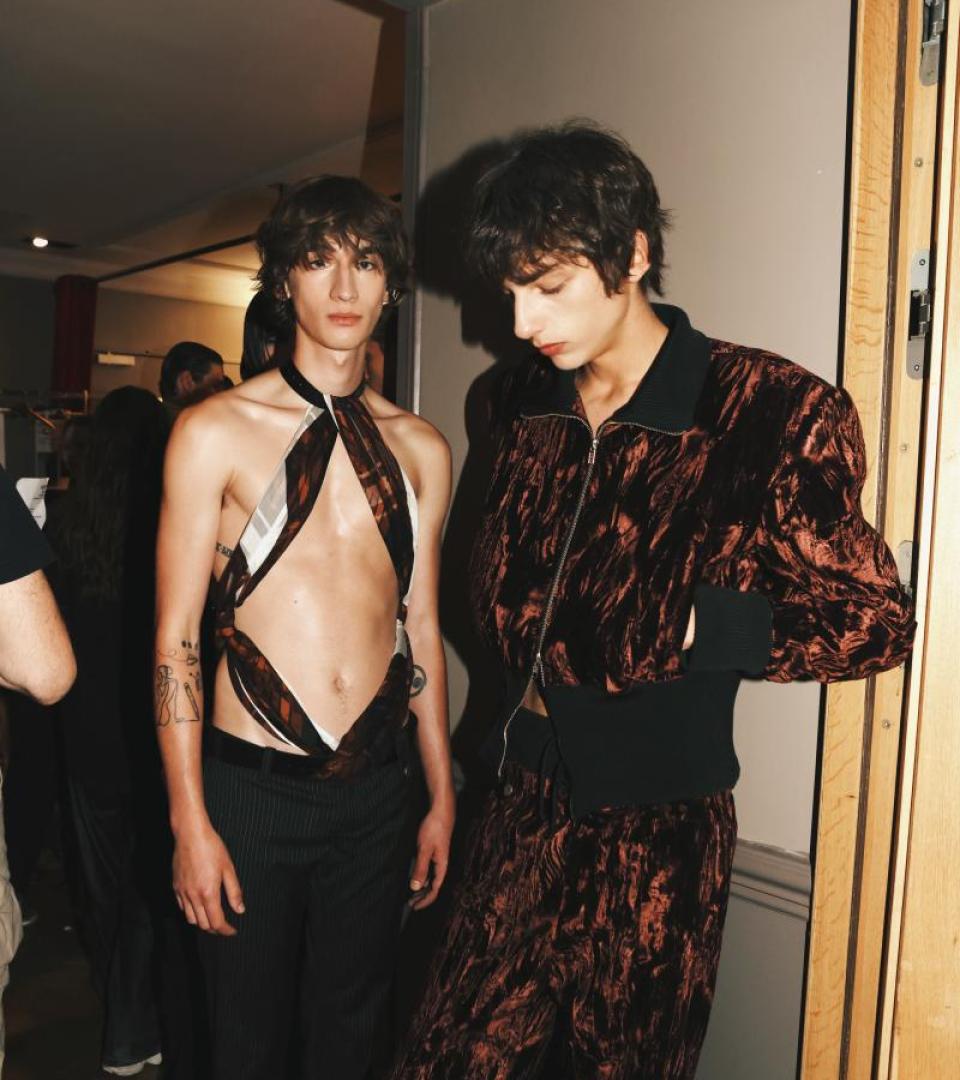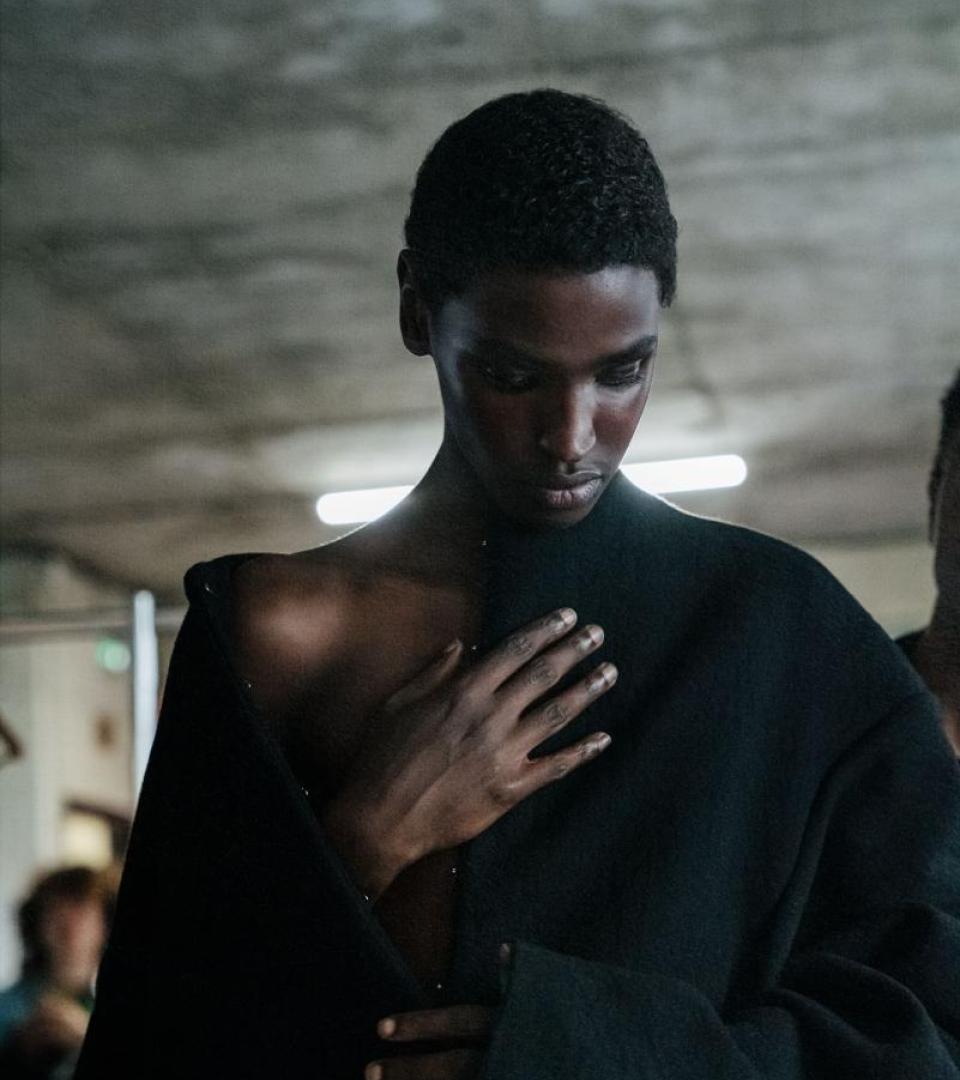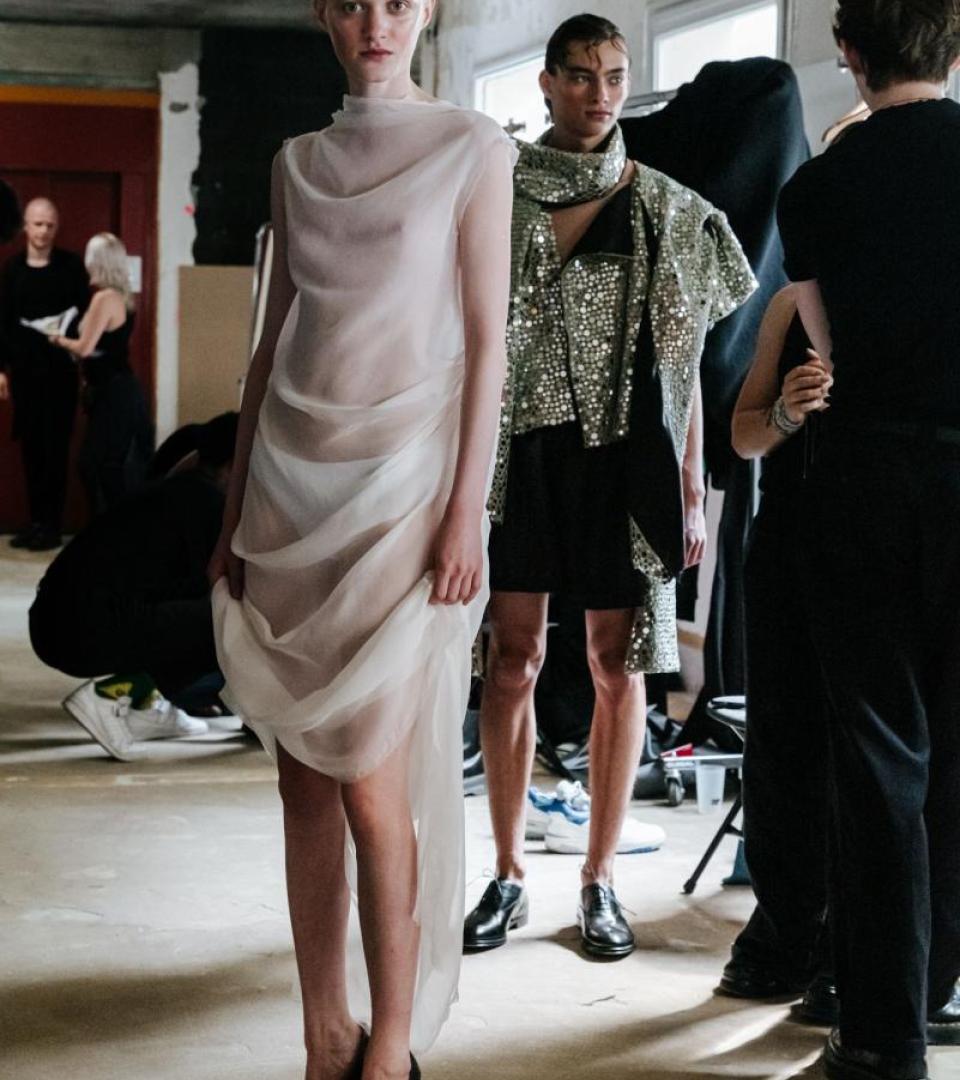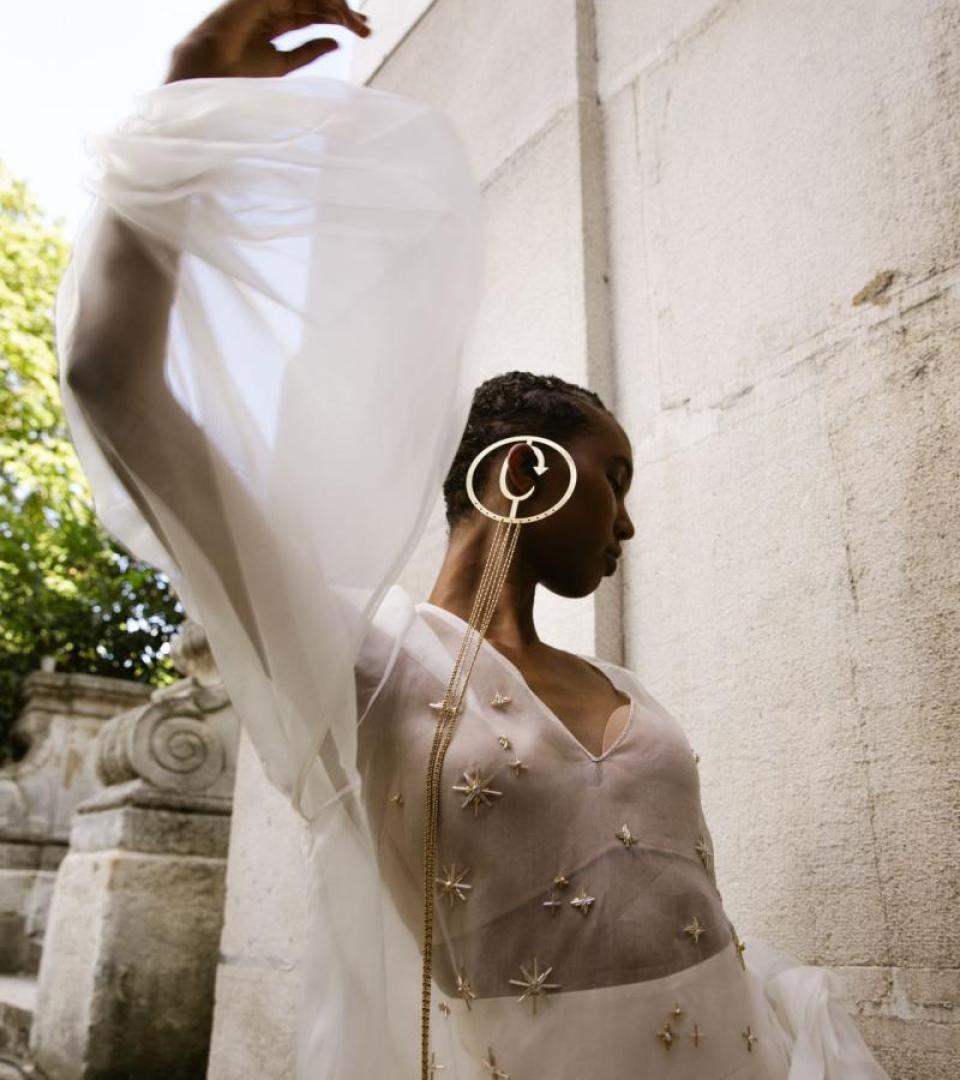A Feel For Fashion: Antonio Moscogiuri
The postal code of his birthplace (Manduria, in Puglia) inspired both the name and essence of CAP 74024, a biannual publication that delves into the realms of art, fashion, and culture through imagery celebrating beauty and desire. Founded by Antonio Moscogiuri in 2014, it has earned its place as one of the most influential fashion bibles in the world of independent publishing. In 2020, Moscogiuri launched a sibling publication, Les Hommes Publics, a glossy magazine dedicated to the refined lifestyle of menswear elegance. Moscogiuri also collaborates as a consulting creative director for a number of Italian and European luxury brands.
Where do you look for new ideas or voices in fashion?
I usually draw inspiration from things that are not directly connected to the world of fashion or that don’t necessarily originate from it. I like to think that the most inexhaustible source of creative ideas – good or bad – is the life we live. It might spring from what we eat, something we chance upon in a book, or something we observe in passing. A word or name mentioned by a friend, an exhibition, an image that sparks a chain of related thoughts in our mind. Even a phone call.
In which ways might fashion creativity effectively drive growth for a brand or business?
That’s a question I don’t often ask myself. I believe that following one’s creative instincts freely can be a way forward. The outstanding results achieved by the brands of the Prada Group (as one example) in recent years are a testament to this. Staying true to your path, being faithful to yourself and the DNA of the brand you work for (whether a label or a magazine), is essential. And this is precisely why brands like Brunello Cucinelli or Giorgio Armani continue to achieve positive results, regardless of the current ‘quiet luxury’ trend. However, the same cannot always be said for independent brands. In their case, more than fidelity, what’s needed is trust – from the big groups, the investors, and the CEOs, who should believe in a project and choose to invest in creativity and support a designer’s vision for more than just two or three seasons.
How essential is heritage and/or a distinctive identity in contributing to a brand’s success?
As I mentioned above, naming brands that have remained true to their DNA, always staying faithful to one’s heritage – not only or automatically focusing on market trends or fashion waves – is the key to meeting the expectations of both loyal and potential customers.
What surprises you about the industry in 2025?
Wow, sometimes I’m so immersed in our work for the magazines and the creative studio that I barely come up for air. What certainly continues to stir discussions are the leadership changes among designers and CEOs musical-chairing their way through luxury brands. Just like in the old TV series, "The Bold and the Beautiful,” you’ll never really know what is about to happen. It’s a bit like how Italians talk about football at the bar; everyone reckons they’re in the know and claims to have the ‘inside track’ on what’s next.
Who or what is generating the greatest influence in fashion today?
I don’t think there’s a single brand dominating the list of most influential. There are several brands standing out for their market performance, unorthodox marketing approaches, and expansion into business areas not traditionally connected to fashion, such as branded real estate and the film industry. Saint Laurent Productions, for instance, has been achieving incredible successes, not only at major awards ceremonies but also, and perhaps more importantly, at the box office – winning over both critics and audiences.They were the first in the industry to have the foresight to invest in film production, chapeau!
What defines men’s elegance in a contemporary context?
I believe that a man’s personality, just as a woman’s, defines each person’s elegance. In this sense, I believe elegance is one of those traits inherently tied to one’s way of being. It can be refined, guided, and worked on, but it is something you either possess or you don’t. Style, on the other hand, is a different matter altogether. It can be acquired and developed through experience and personal growth.
There seems to be more overlap between fashion/entertainment and fashion/sports than ever. Thoughts?
In the current climate, brands are aiming to create synergies with industries connected to people’s passions. These simple feelings don’t cost much but move hearts and elevate the figures in these industries (for example, football) to idols worshipped by their followers. By choosing these personalities as ambassadors – often prioritising them over traditional influencers – brands have ‘a bit more certainty’ that the message they aim to convey through them will feel authentic. It won’t come across as a mere advertising gimmick easily replaced by the next flashy offer.
Do trends still matter?
That’s a tough question, mainly because I don’t think trends have ever mattered to me. But they definitely seem to have mattered to the public – and quite a lot. Today, though, it seems they matter less. People feel free to dress however they like, for better or worse. Let’s just say that fashion trends have been replaced by TikTok trends. But even as I write this, the United States are debating potential measures to clamp down on the social media platform in their country. Challenging times! So what will happen next? It will be intriguing to watch.
This interview has been lightly edited.



